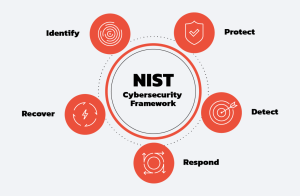Two new threats have been found to the WordPress websites that allow attackers to take full control of the Web server. Attack code has been revealed that targets one of the latest versions of WordPress, making it a zero-day exploit that could blow up a series of site hijackings throughout the Internt.
These vulnerabilities are known as stored, or persistent, cross-site scripting (XSS) bugs. They work by injecting malicious code into the comments section of the site, and then adding a massive amount of text of around 64 kilobytes worth.
By default, WordPress does not publish a commenting user’s first post until it has been approved. Attackers can work around this limitation by posting a benign comment that gets approved. By default, subsequent comments from that person will be automatically approved and published to the same post.
A successful exploit could allow the attacker to access or download sensitive information like usernames, encrypted passwords, and possibly WordPress secret keys.
WordPress versions 3.9.3, 4.1.1, 4.1.2, and the latest version 4.2 are affected. The more serious of the two vulnerabilities is in WordPress version 4.2 because as of press time there is no patch.
“If triggered by a logged-in administrator, under default settings the attacker can leverage the vulnerability to execute arbitrary code on the server via the plugin and theme editors,” Jouko Pynnönen, a researcher with Finland-based security firm Klikki Oy, wrote in a blog post published Sunday evening. “Alternatively the attacker could change the administrator’s password, create new administrator accounts, or do whatever else the currently logged-in administrator can do on the target system.”
According to Pynnonen , there is currently no fix for the flaw. Site administrators can alleviate any attack by disabling comments, or not approving any comments. He also said that he unveileded the vulnerability because WordPress “refused all communication attempts” he made since November 2014.
























